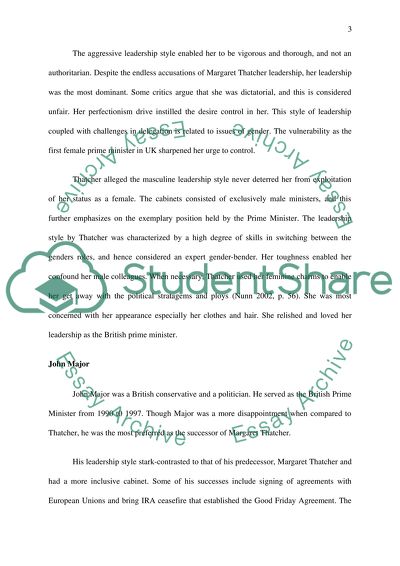Cite this document
(“British Prime Ministers Coursework Example | Topics and Well Written Essays - 1000 words”, n.d.)
Retrieved from https://studentshare.org/history/1479265-compare-and-contrast-the-different-styles-of
Retrieved from https://studentshare.org/history/1479265-compare-and-contrast-the-different-styles-of
(British Prime Ministers Coursework Example | Topics and Well Written Essays - 1000 Words)
https://studentshare.org/history/1479265-compare-and-contrast-the-different-styles-of.
https://studentshare.org/history/1479265-compare-and-contrast-the-different-styles-of.
“British Prime Ministers Coursework Example | Topics and Well Written Essays - 1000 Words”, n.d. https://studentshare.org/history/1479265-compare-and-contrast-the-different-styles-of.


